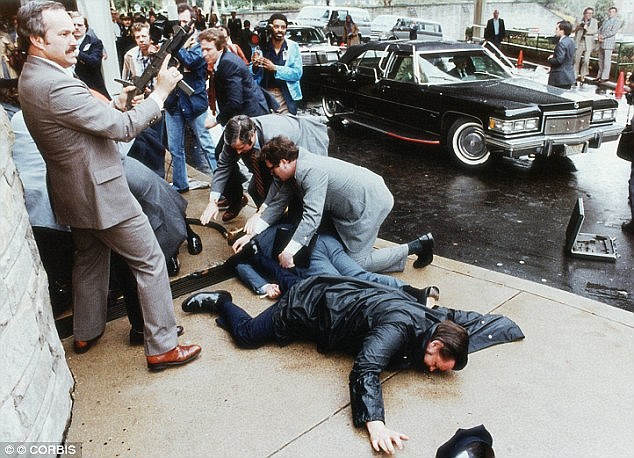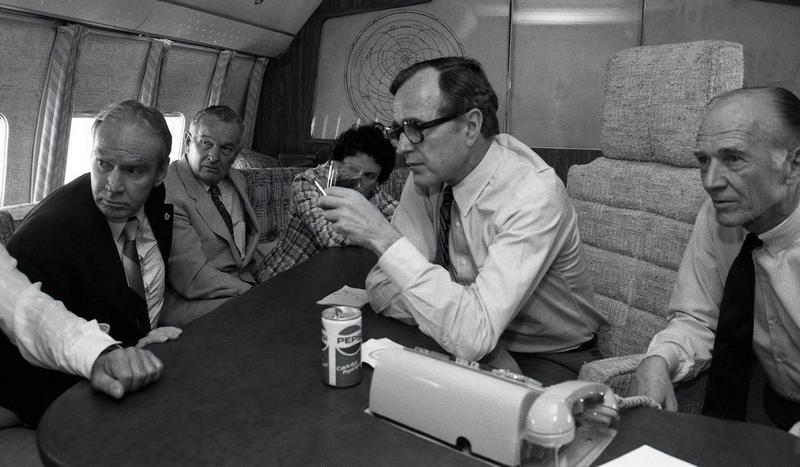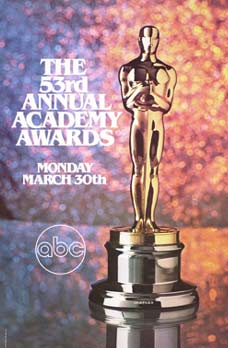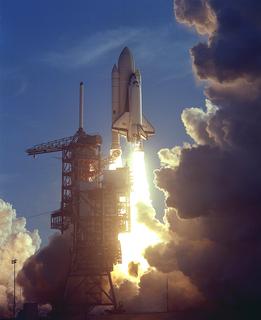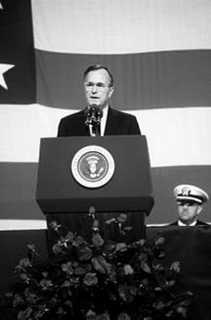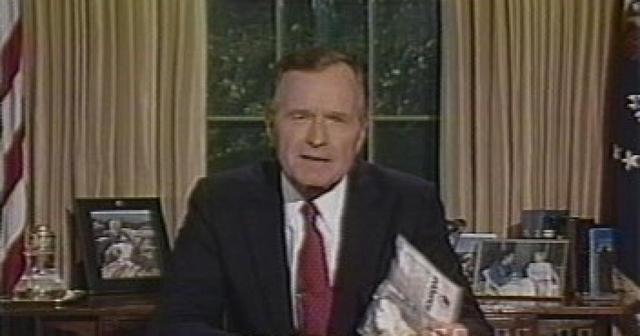The Year is 1981. The United States has just elected a new leader. The world moves into a new and uncertain decade. These are tumultuous times indeed.
"The President is due to give a luncheon address to representatives of the American Federation of Labor and Congress of Industrial Organizations (AFL-CIO) at the Washington Hilton Hotel today, starting at around 1:30 and ending at 2:25. The address is believed by pundits to be an attempt at brewing support among Reagan Democrats. Members of the populace are invited to see the new president, face-to-face."
-The Washington Star, March 30, 1981
"INDIANA U BEATS UNC"
-The New York Times sports section, March 30, 1981
"LONDON MARATHON HELD, 7,500 PARTICIPATE"
-Daily Mirror, March 29, 1981
"VIOLA SWORN IN, VIDELA OUT"
-The Nation, March 29, 1981
"What?"
-Statement by President of the Polish People's Republic, Wojciech Jaruzelski, after discovering 12 to 14 Million Poles left their workplaces for four hours on March 29, 1981
"GOODBYE!
I LOVE YOU SIX TRILLION TIMES.
DON'T YOU MAYBE LIKE ME JUST A LITTLE BIT? (YOU MUST ADMIT IT I AM DIFFERENT)
IT WOULD MAKE ALL THE DIFFERENCE"
-Message in a letter discovered by Lucius Fischer Foster III, first found on the 2nd of June, 1981
"...well, Jimmy, you can't say the people don't love me..."
-Overheard statement from President Ronald Reagan (R-CA) to White House Press Secretary James Brady
"...Nope, you certainly can't..."
-Reply from Brady to Reagan
"What’s the latest on Poland, Mr. President?"
-ABC White House correspondent Sam Donaldson at the T Street NW Exit of the Washington Hilton Hotel
"The President is due to give a luncheon address to representatives of the American Federation of Labor and Congress of Industrial Organizations (AFL-CIO) at the Washington Hilton Hotel today, starting at around 1:30 and ending at 2:25. The address is believed by pundits to be an attempt at brewing support among Reagan Democrats. Members of the populace are invited to see the new president, face-to-face."
-The Washington Star, March 30, 1981
"INDIANA U BEATS UNC"
-The New York Times sports section, March 30, 1981
"LONDON MARATHON HELD, 7,500 PARTICIPATE"
-Daily Mirror, March 29, 1981
"VIOLA SWORN IN, VIDELA OUT"
-The Nation, March 29, 1981
"What?"
-Statement by President of the Polish People's Republic, Wojciech Jaruzelski, after discovering 12 to 14 Million Poles left their workplaces for four hours on March 29, 1981
"GOODBYE!
I LOVE YOU SIX TRILLION TIMES.
DON'T YOU MAYBE LIKE ME JUST A LITTLE BIT? (YOU MUST ADMIT IT I AM DIFFERENT)
IT WOULD MAKE ALL THE DIFFERENCE"
-Message in a letter discovered by Lucius Fischer Foster III, first found on the 2nd of June, 1981
"...well, Jimmy, you can't say the people don't love me..."
-Overheard statement from President Ronald Reagan (R-CA) to White House Press Secretary James Brady
"...Nope, you certainly can't..."
-Reply from Brady to Reagan
"What’s the latest on Poland, Mr. President?"
-ABC White House correspondent Sam Donaldson at the T Street NW Exit of the Washington Hilton Hotel
Last edited:
